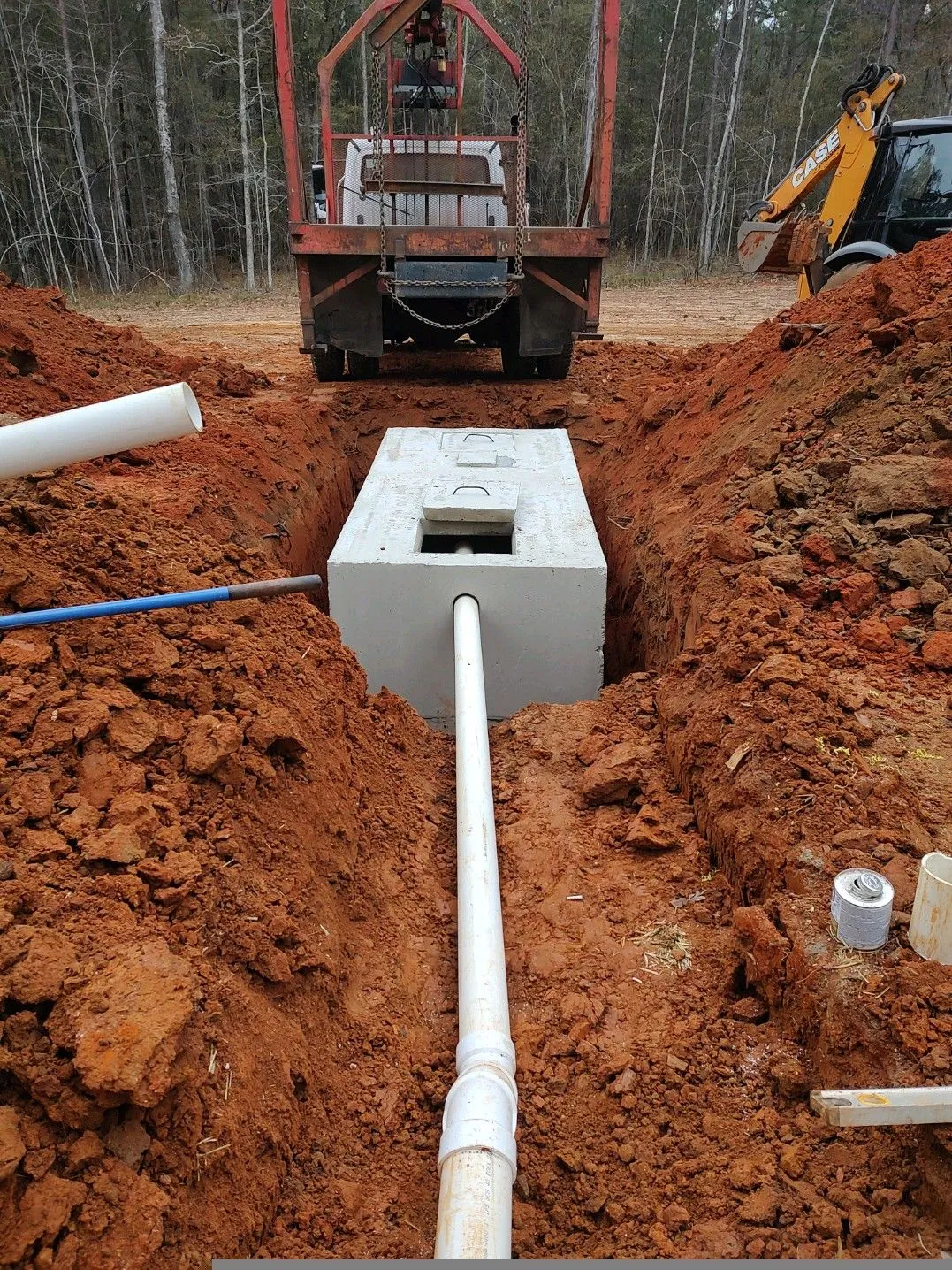
Understanding the Lifespan of Your Septic System: Tips for Longevity Sep 29, 2025
The typical septic system lifespan ranges from 15 to 40 years. This range can vary significantly based on several factors, including system type, usage, maintenance, and environmental conditions. The primary goal of every homeowner should be to maximize this lifespan through diligent care and routine inspections.
One of the crucial aspects influencing your septic system's lifespan is regular maintenance. Scheduling routine inspections with a trusted septic service provider like South Georgia Septic is essential. These inspections help identify issues early on, preventing costly repairs and extending the life of your system. Typically, a septic system should be inspected at least once every three years, although this can vary depending on usage.
In addition to scheduled inspections, regular pumping of your septic tank is vital. Over time, solids accumulate in the tank, and if not removed, they can overflow and clog the drain field, leading to system failure. Generally, tanks should be pumped every three to five years. However, this may be more frequent if the household has a higher volume of wastewater or uses potential clogging substances.
Water conservation is another crucial factor in augmenting the longevity of your septic system. Excessive water consumption can overwhelm the tank, causing untreated water to flood the drainage field. Implementing water-saving practices, such as fixing leaks, using water-efficient fixtures, and spreading out laundry loads, can significantly reduce the strain on your system.
Furthermore, be mindful of what you flush down the drain. Septic systems are not designed to handle non-biodegradable items such as diapers, sanitary products, or wipes. Even flushing a significant amount of toilet paper can cause problems. Being cautious about what enters your system will prevent unnecessary blockages and backups.
Roots from trees and shrubs can also wreak havoc on your septic system. Their natural growth in search of moisture can infiltrate pipes and tanks, causing significant damage. To avoid this, ensure that trees and large shrubs are planted far away from your septic tank and drain field.
Inadvertent physical damage can also cut short your system's lifespan. Heavy vehicles or construction work over the tank or drain field can compress the soil, reducing its absorption capacity. Clearly marking your septic system area can help in avoiding such incidents.
In conclusion, safeguarding your septic system with proactive maintenance and usage measures is the key to ensuring it serves your home efficiently for decades. Adopting practices like routine inspections and pumping, mindful water use, and careful planting will significantly boost the longevity of your septic system. By understanding and taking care of your septic system, you are investing in your property’s value and avoiding potentially costly repairs in the future. Partnering with experts like South Georgia Septic will ensure your system receives the professional attention it needs to thrive. Remember, a well-maintained septic system is a healthy and cost-effective one.
/filters:no_upscale()/media/9ea110d9-8e86-4c63-8848-b19e6ea2c83a.jpg)